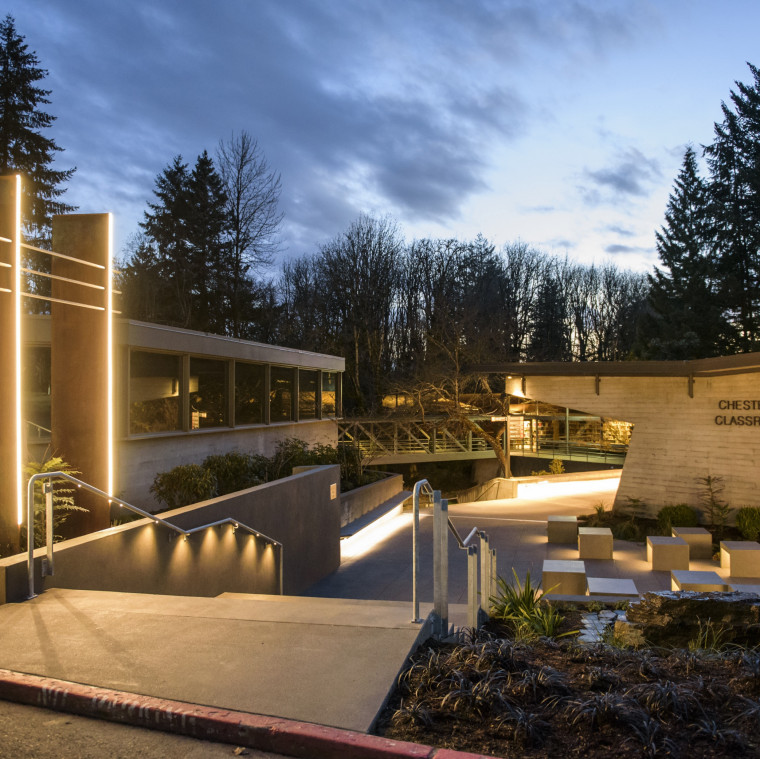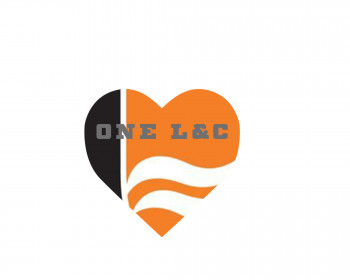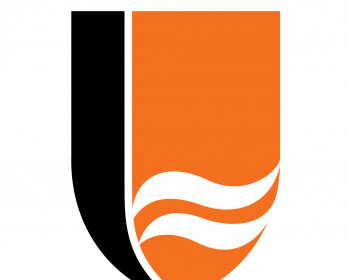Law School Receives $3.7 Million to Support Environmental Law Fellowships, Scholarships
Open gallery

Lewis & Clark Law School received a charitable bequest totaling $3.7 million to support public interest environmental law. The bequest, from Washington environmental activist John E. Diehl, is the second-largest single gift ever made to the law school.
The bequest supports fellowships and scholarships within the environmental law program, ranked #1 in the nation by U.S. News.
“While I did not have the pleasure of meeting Mr. Diehl personally, he knew of our outstanding work in the environmental law field,” said Dean Jennifer Johnson. “His legacy will live on in generations of environmental attorneys and is a testament to the power of one person’s commitment to make a difference.”
The Diehl Fellowship stipends will supplement the income of recent graduates who are employed at public interest environmental organizations for one year. Preference will be given to those whose work is dedicated to resource conservation, wilderness and wildlife habitat and preservation, or human population stabilization.
In addition, the law school will match the bequest for Diehl Scholarships to support incoming first-year students who have a stated interest in practicing public interest environmental law.
According to his obituary, Diehl, who died at the age of 73, “had a life-long interest in nature and the outdoors, and was a self-taught enthusiast in biology, zoology, and ornithology. He used his skills to advance what he perceived to be sound environmental policy in a number of environmental cases, often prevailing, including a victory in the Washington Supreme Court.”
The law school’s Environmental, Natural Resources and Energy Law program is the first and leading program of its kind in the nation. It is renowned for its faculty, and the depth and breadth of its offerings, with 13 faculty members and 10-20 adjunct teaching faculty, dozens of courses, three clinics/institutes, numerous legal practica, two environmental nonprofits on campus that work with students, two certificate programs and three degrees (a JD, LLM and MSL, for professionals who are not pursuing a JD).
More The Source Stories
email source@lclark.edu

